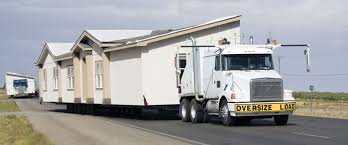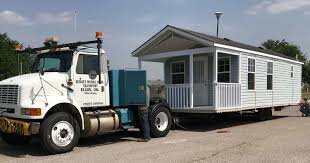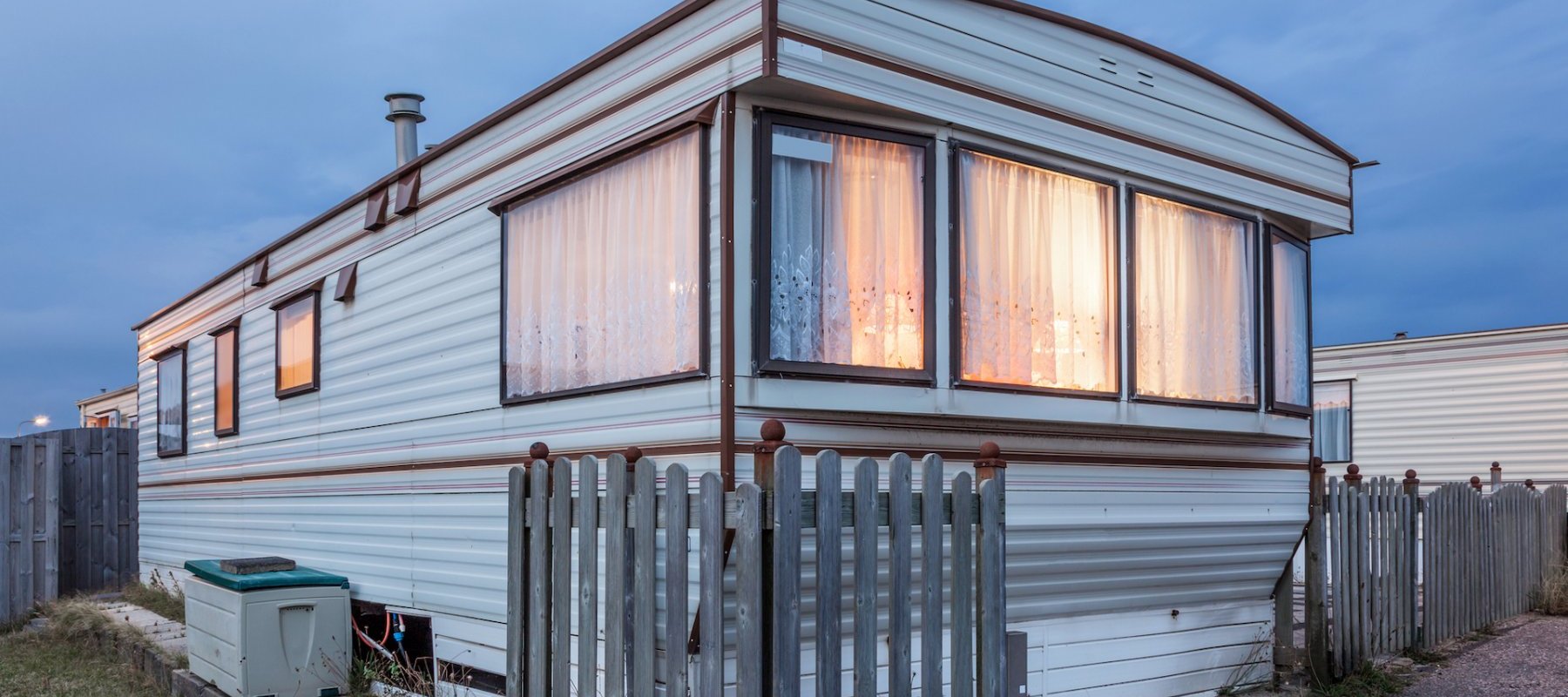
Overcoming the Challenges of Moving a Mobile Home
Moving a mobile home might seem straightforward at first glance. With wheels and a manageable size, you’d think the process would be simple and affordable. However, the reality is far more complex. While mobile homes remain a vital source of affordable housing—accounting for 5.6% of all American households—relocating them poses significant challenges. If you’re planning to move your mobile home in Charlotte or elsewhere in North Carolina, understanding the obstacles and preparing accordingly can make all the difference.
From legal requirements to unexpected costs, this guide will walk you through the five major challenges of moving a mobile home and offer solutions to help you navigate the process effectively.
Challenge #1: Finding the Right Relocation Spot
Where will your mobile home go once it’s moved? This is the first and most critical question you must answer. Will it be placed in a mobile home park, on a private lot, or in a rural area? Is it being moved into a city, or will it remain on the outskirts?
The location dictates whether your move is feasible. Some cities have strict regulations that prohibit older mobile homes, while certain parks may reject homes based on size, age, or condition. Before planning your move, research the destination thoroughly. Speak with park managers or local zoning offices to confirm their requirements and determine whether your mobile home is eligible for relocation.
Challenge #2: Securing a Moving Permit
Many mobile homeowners are surprised to learn they need a permit to move their property. In North Carolina, as in most states, you’ll need to provide:
- Proof of Ownership: This can be the title or bill of sale for your mobile home.
- Clearance of Taxes and Fees: Ensure all property taxes, lot payments, and fees are paid in full.
- Compliance with Local Regulations: Many areas have restrictions based on the size, age, or wind zone rating of the home.
Start by contacting your local city hall, fire marshal, or government office to learn about permit requirements. Ask specific questions, such as:
- Do I need a permit for relocation?
- Are there restrictions based on my mobile home’s size or age?
- Can you provide a checklist of requirements?
Obtaining the necessary permits can take time, so plan ahead to avoid delays on moving day.
Challenge #3: Hiring a Professional Mobile Home Mover
Transporting a mobile home isn’t a DIY job. It requires specialized equipment, expertise, and compliance with legal regulations. Only licensed, bonded, and insured moving companies are authorized to transport mobile homes in North Carolina.
When hiring movers:
- Research Thoroughly: Look for companies with strong reviews on platforms like Google and Facebook.
- Request Multiple Quotes: Compare costs and services to ensure you’re getting a fair deal.
- Ask Key Questions: Does the price include leveling and blocking? Will they handle permits and utility disconnections?
Professional movers will also ensure your home is transported safely and set up correctly at its new location. Check out this comprehensive list of recommended North Carolina mobile home movers for trustworthy options.

Challenge #4: Budgeting for the Move
Relocating a mobile home can be expensive. Many homeowners underestimate the total cost, which includes not only transport but also disconnection, reinstallation, and other associated expenses.
Here’s a rough breakdown of typical costs for moving a single-wide home:
- Mover Fees: $3,500–$5,500 (add $500+ for distances over 50 miles).
- Removing and Reinstalling Skirting: $200–$350.
- Utility Disconnection and Reconnection: $1,750+.
- Permits and Miscellaneous Fees: $500+.
Double-wide homes can cost nearly twice as much to move due to their size and complexity. Be sure to get detailed quotes from movers and account for additional expenses like utility deposits or dirt pad preparation.
Challenge #5: Complying with Local Regulations
Each town or city has its own rules regarding mobile home relocation. While one jurisdiction may allow older mobile homes, another may have stricter standards based on building codes, wind zones, or age limits.
For homes built before 1976, meeting modern safety and building codes can be particularly challenging. If your mobile home doesn’t comply with local regulations, you may be required to invest in costly upgrades—or worse, you may not be allowed to move it at all.
To ensure compliance:
- Check Local Ordinances: Contact the building code department in your destination area to understand specific requirements.
- Schedule Inspections: If your mobile home is older, you may need to prove its structural integrity and functionality before receiving approval.
- Consider Aesthetic Improvements: A well-maintained home is more likely to pass inspections and be welcomed into new communities.
Overcoming These Challenges
Despite these obstacles, relocating a mobile home is achievable with the right preparation. Here’s how to streamline the process:
- Start Early: Don’t wait for an emergency or eviction to force a rushed move. Begin planning well in advance.
- Research Rural Options: Smaller towns and rural parks are often more flexible with age and zoning requirements than urban areas.
- Hire Reputable Movers: Ask for recommendations, read reviews, and choose licensed professionals to handle your move.
- Explore Alternative Solutions: If moving your mobile home seems too costly or stressful, consider selling it instead.
Simplify the Process with Tarheel Mobile Home Buyers
If the thought of relocating your mobile home feels overwhelming, there’s an easier way. At Tarheel Mobile Home Buyers, we specialize in purchasing mobile homes in any condition. By selling your property to us, you can avoid the stress and expense of relocation while receiving a fair cash offer.
Why Choose Us?
- We buy mobile homes in any condition.
- No need for repairs, permits, or moving expenses.
- Quick and hassle-free process tailored to your needs.
Call or Text us today at 704-565-9351 to learn more about how we can help. Or you can fill out our form here. Whether you’re looking to sell or simply need guidance on moving your mobile home, we’re here to assist you every step of the way.
Sell Your Mobile or Manufactured Home on Your Terms
Let us take the stress out of selling your mobile home. Call us now to get started!

